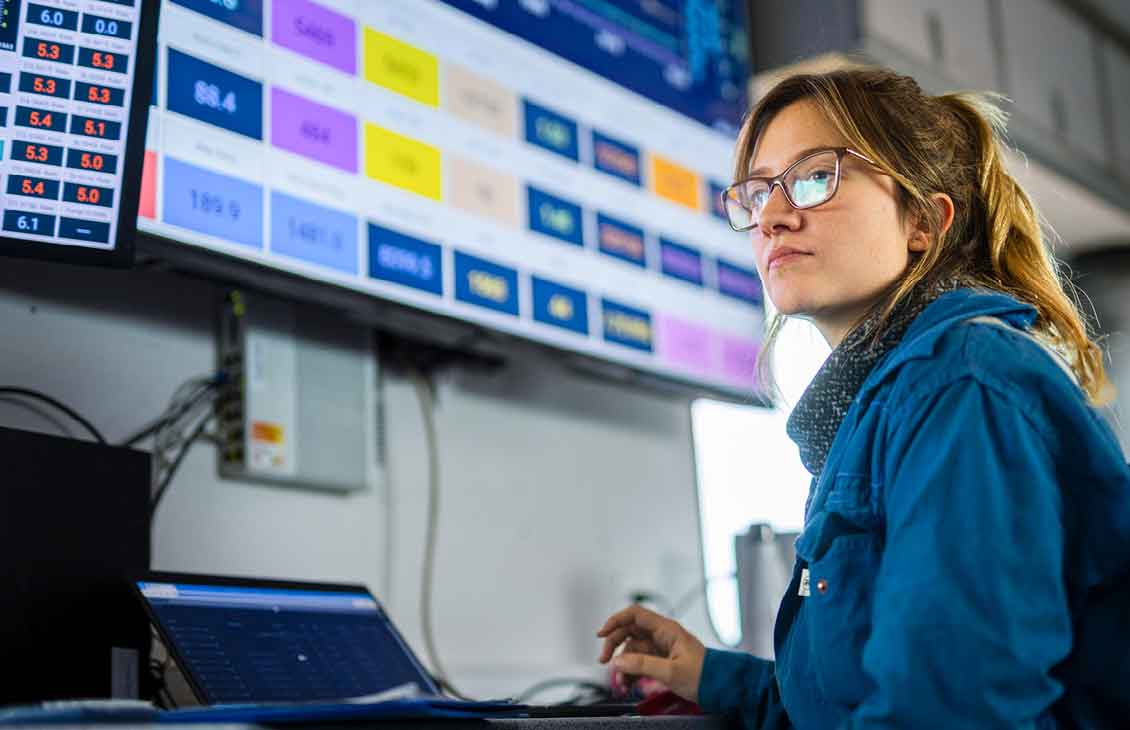

The path to net zero
Decarbonization is complex yet critical. We need global tech solutions that can be adopted today, at scale, to cut emissions strategically.
How do we start and accelerate the journey to meet your sustainability commitments?
Iron and steel
Cement
Chemicals
Power
Oil and gas
Pulp and Paper
Today, 75–100% of the CO2 emissions from pulp mills originates from biomass. Though the pulp and paper industry accounts for only about 2% of global industrial emissions, it has a unique opportunity to achieve negative emissions through Bioenergy with Carbon Capture and Storage (BECCS). This puts BECCS projects in the unique position of being in the money from the outset due to interest from companies seeking to purchase Carbon Removal Credits (CDR) to offset their emissions.
Step into energy’s future
Thought leaders from around the world share their vision and experiences.
-
Decarbonizing
Why you need quantitative risk analysis to store carbon
When it comes to carbon storage, there’s no single “best” model for simulating a single "best” result.
-
New Energy
Digitally integrated processes accelerate lithium production
What’s the latest proven approach for transforming how you maintain and optimize lithium brine production?
-
Digital
Article: Mitigating the AI-driven risks of autonomy in oil and gas
The oil and gas industry stands to gain a lot from AI, so long as it clearly understands the risks involved.
-
Decarbonizing
All paths to net zero require industrial decarbonization
If we want industrial decarbonization to become a reality sooner, we need to join forces in tackling it.
Talk to a domain expert

News Release
Scaling decarbonization through partnerships
SLB Chief Strategy and Sustainability Officer Dr. Katharina Beumelburg discusses forging partnerships across industries, sharing knowledge, and working toward solutions together to accelerate innovation and create mutual value for a decarbonized future.
SLB and Aramco to collaborate on digital sustainability solutions for hard-to-abate carbon industries
SLB and Aramco have announced plans to collaborate and develop a digital platform that will provide sustainability solutions for hard-to-abate industrial sectors.
Olivier Le Peuch on digital’s role in the low carbon energy future
Other ways we drive energy innovation at scale
Working together to abate emissions
Making better decisions faster
Improving performance in the oil and gas industry
Accelerating the transition to low-carbon energy











